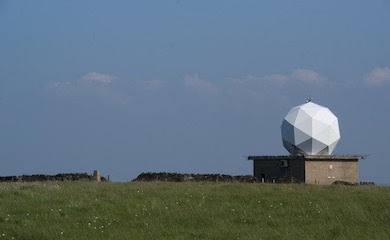The UK National Grid has announced that for the first time ever, over the 12-month period of 2019, the UK produced more electricity through carbon free sources than through fossil fuels[1].
The data released by the UK National Grid shows that 48.5% of the energy produced throughout the year came from sources such as wind, hydro, solar, and nuclear energy, as well as clean imported energy from Europe. Fossil fuels, over the year, accounted for only 43% of the energy used. The remaining energy was produced through biomass, which is renewable but produces carbon when it is burnt.

Figure 1 UK Energy Mix
National Grid CEO John Pettigrew has hailed the “massively historic milestone” but believes there are still challenges if the UK is to reach its target of net zero carbon emissions by 2050 – mentioned here.
Renewables Success
The change in power sources and reduction in fossil fuels is largely thanks to the increase in renewable energy sources, which now represent 26.5% of the power supply, up from just 2.3% in 1990. In the same time fossil fuels has dropped from around 75% of the total power supply, to just 43%.
Energy produced by offshore wind farms has also overtaken onshore wind farms for the first time in the UK. This year Hornsea One wind farm is expected to become operational and will take the crown of the world’s largest wind farm by providing clean power to over 1 million homes[2], overtaking Walney Extension, which currently powers 600,000 homes.

Figure 2 Walney Extension[3]
References
[1]https://www.nationalgrid.com/britain-hits-historic-clean-energy-milestone-zero-carbon-electricity-outstrips-fossil-fuels-2019
[2]https://hornseaprojectone.co.uk/About-the-project#0
[3]https://commons.wikimedia.org/wiki/File:Walney_Offshore_Windfarm_-_geograph.org.uk_-_2391702.jpg



